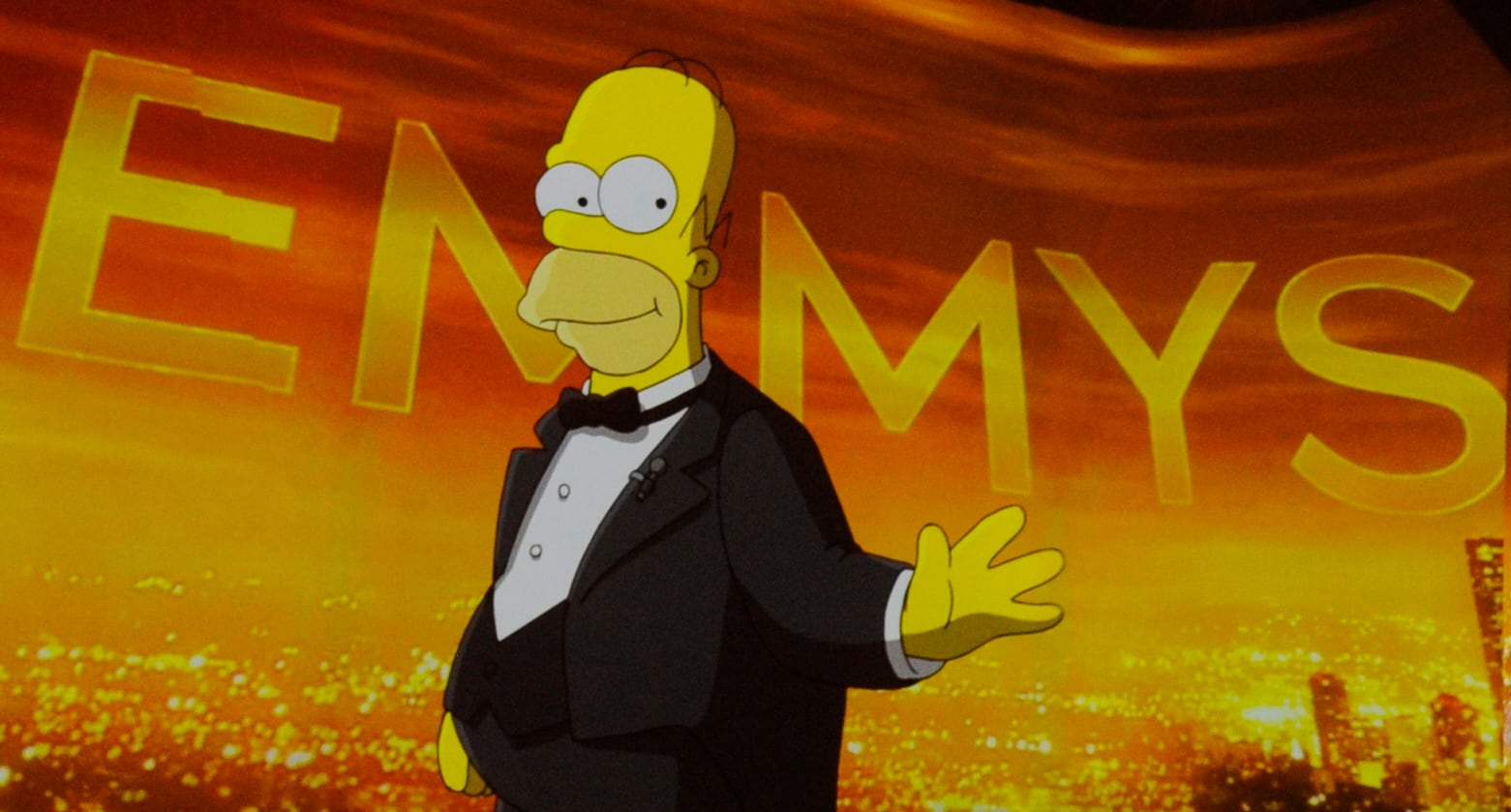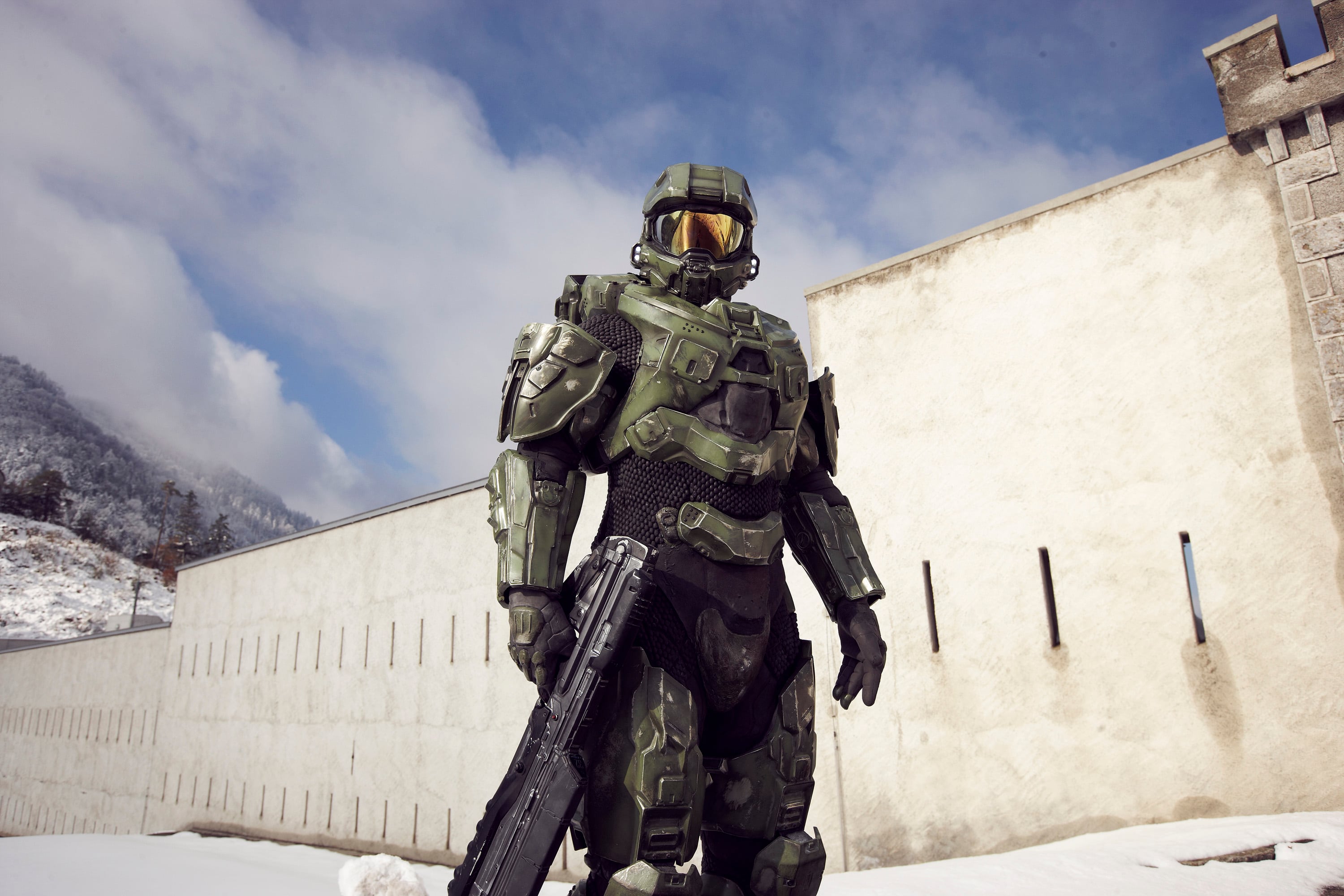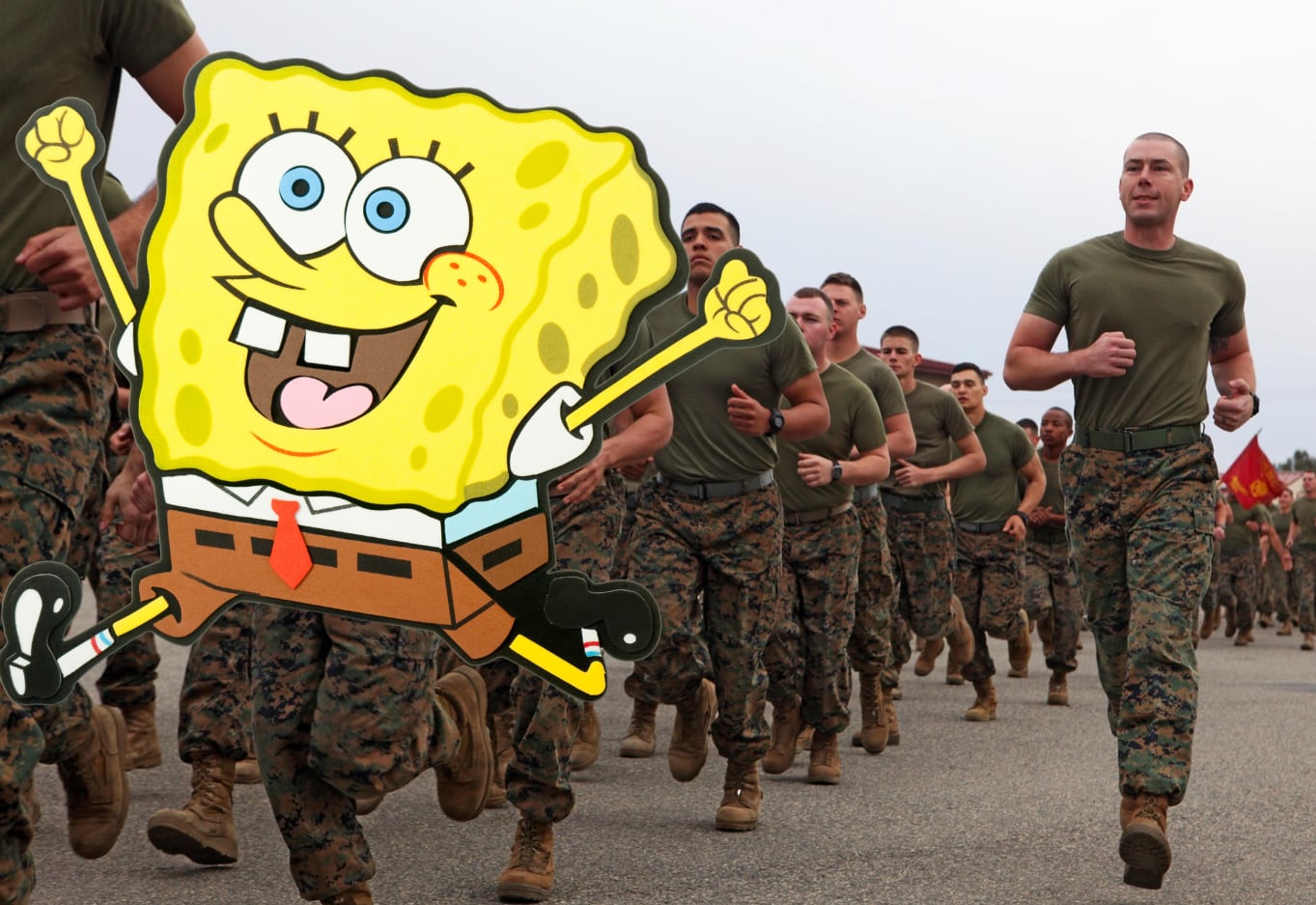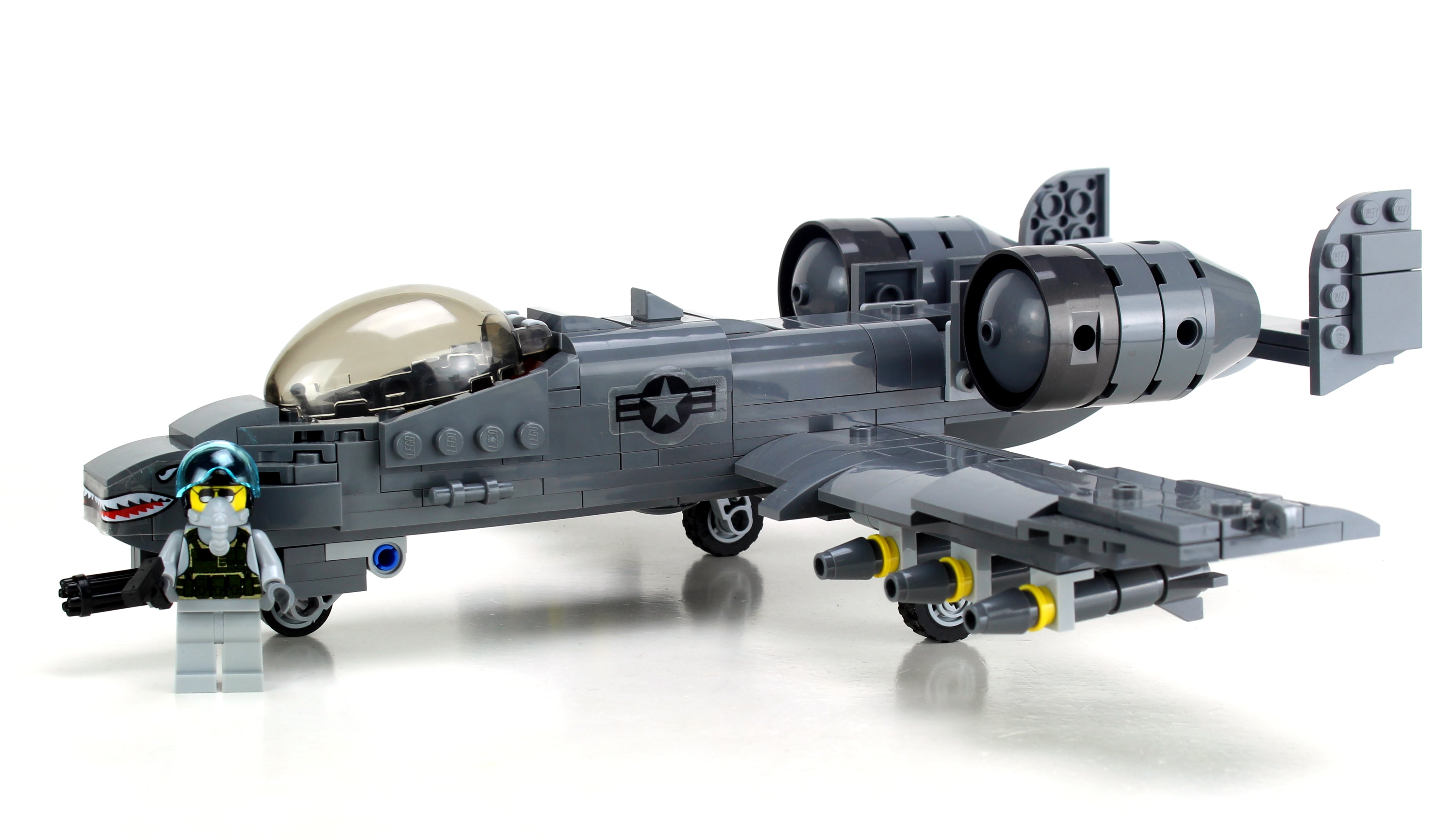ABC News’ investigative journalist James Gordon Meek remembers reporting on the ambush of Operational Detachment Alpha (ODA) 3212, an Army Special Forces team, in Tongo Tongo, Niger, on Oct. 4, 2017. Four soldiers — Sgt. 1st Class Jeremiah Johnson, Staff Sgts. Bryan Black and Dustin Wright, and Sgt. LaDavid Johnson — were killed, and seven others were temporarily stranded with no reinforcements, until French forces evacuated them.
But although Meek was already confused over inconsistencies reported by the Army regarding the incident, the idea to start investigating didn’t come to fruition until he received a phone call from his high school English teacher Dave Sharrett.
Army Private First Class Dave Sharrett II, Sharrett’s son, had been killed in Balad, Iraq in 2008. The Army originally told the Sharrett family their son had been killed by insurgents, but after Meek investigated on their behalf, it was revealed that Sharrett II had been shot by his own lieutenant, then 1st Lt. Timothy Hanson.
Sharrett had been at a Gold Star Family retreat run by the Tragedy Assistance Program for Survivors (TAPS), when he met the family of Jeremiah Johnson. Knowing Meek’s past, Sharrett called and had him speak with the Johnson family, who had voiced their frustration over unanswered questions.
According to the families, who had been talking with each other, military brass couldn’t get their stories straight on what had happened to the men.
Sgt. 1st Class Johnson’s family said that he had been killed in a gunfight at the same time as Wright.
But Wright’s family had been told he was killed by mortar fire. And when his brother Will Wright, an Army veteran himself, looked at his brother’s body, he knew that wasn’t the case.
Sgt. Johnson’s family had first been told he was missing in action and had potentially been taken hostage by ISIS forces in the area. Then they were told he was killed after the truck he’d been in during the ambush crashed and he was fatally ejected.
When Meek confirmed that all four families had received conflicting reports on what happened to their loved ones, he decided to start the investigation.
During the three years that Meek has been working on this story, Pentagon and Africa Command officials have almost always declined to comment or could not be reached, he said.
“As a human being it’s hard to see people suffer and the fact that they had this additional layer of doubt layered on top of their pain, whenever I see that happening, it hurts my heart,” Meek told Military Times.
“I promised them I would find out [what really happened],” Meek said. “I had no idea that it would be three and a half years of digging and result in a feature film.”
Meek turned to his more than 20-years of experience covering terrorism, special operations and doing combat embeds, in his approach to conducting the investigation. And the serious relationships he’d made in the special forces, intelligence and national security communities at large were instrumental in his hunt for the truth.
“For every person we had on camera, there were probably 15 people who were not on camera who were confidential sources close to the people involved,” Meek said.
“I spoke to people up and down the chain of command and the stories lined up quite well, even between people who didn’t speak with each other.”
And while Meek didn’t know everyone he spoke to personally, they still seemed to have respected his background, not just as an embed journalist but also as a former Top Secret Clearance holder who had worked with the Department of Homeland Security Committee, he said.
“I think they respected that, and knew that I would treat the material with great sensitivity and care but most importantly tell the truth,” he said.
In a briefing from Pentagon officials, including Gen. Thomas Waldhauser, then-Commander of AFRICOM, the members of ODA 3212 were blamed for the incident. They were accused of going on a rogue mission in order to kill or capture a top Islamic State commander. Officials also said that they weren’t properly trained in “basic soldier skills.”
Jaws dropped at the insinuation that a group of Green Berets and support soldiers not only went rogue but that they were inadequately-trained, Meeks said.
“Once the findings to the investigation came out, that really infuriated a lot of people in the national security community, so while the Pentagon put out what I think we proved is a false narrative about this incident, a lot of people were willing to take a risk in some cases to speak to me about classified operations and facts.”
During his own investigation, Meek was able to conduct interviews with a top Pentagon whistleblower, the former general in charge of special operations in Africa and the team’s own commander in Niger.
The families of the fallen soldiers were also heavily involved. All four soldiers’ families provided interviews and insights for the documentary, which for some, like Wright’s mother Terri Criscio, it was the first time they’d spoken to a journalist on film about the incident.
“When in a generation have we had a combat incident where all of the fallen’s family members are saying ‘We were lied to’?” Meek asked. All they were wanted were answers and accountability, something that was reiterated by Criscio in the documentary, sticking with Meek as one of the more poignant moments of the past three years.
“I can’t change the past, I can’t bring Dustin back,” she says in the documentary. “But I can be a thorn in your side and get my point across, and that point is that if we’re going to have a strong country, we have to have a strong military. That means, when you make a mistake, you are accountable.”
She said it perfectly, Meek told Military Times.
While Meek said there are still a few questions that haven’t been answered from this process, the investigation was overall successful.
“I think with investigations like this you have to be prepared for, ‘You don’t know what you don’t know’ and I feel like we now know most of what we need to know here,” he said.
But he does still believe there will be revelations that will come in the years to follow.
“There was just recently information actually, that was given to the families that spoke to the valor of these men,” Meek said. “They fought to the last round, they fought when they had bullets ripping through their flesh and bone and they never quit until the last breath exited their lungs.”
Meek said that the families of the fallen also have hopes for the film and its ramifications.
“The families hope that the film will be the reason or roadmap for a Pentagon review of the incident,” he said. “Also, that the reprimands given to certain commanders will be lifted and that the valor awards given will be reviewed and reconsidered for higher level awards.”
Meek shared that not included in the film is the fact that Wright had originally been recommended for the Medal of Honor for his actions in the firefight, but it was downgraded to the Silver Star. ODA 3212′s commander on the ground that day Capt. Mike Perozeni’s Army Commendation Medal was also the result of a downgrade — he was supposed to have been given a Bronze Star.
Both support soldiers, Sgt. First Class Johnson and Sgt. Johnson, however, were posthumously awarded green berets, which has never been done before. Meek said that did give the Johnson families some comfort.
The documentary will be available on Hulu Nov. 11.
Rachel is a Marine Corps veteran and a master's candidate at New York University's Business & Economic Reporting program.
Tags:
ArmySpecial ForcesMilitary History and CultureGreen BeretsNigerFallen soldiersTongo TongoODA 3212DocumentaryIn Other News















